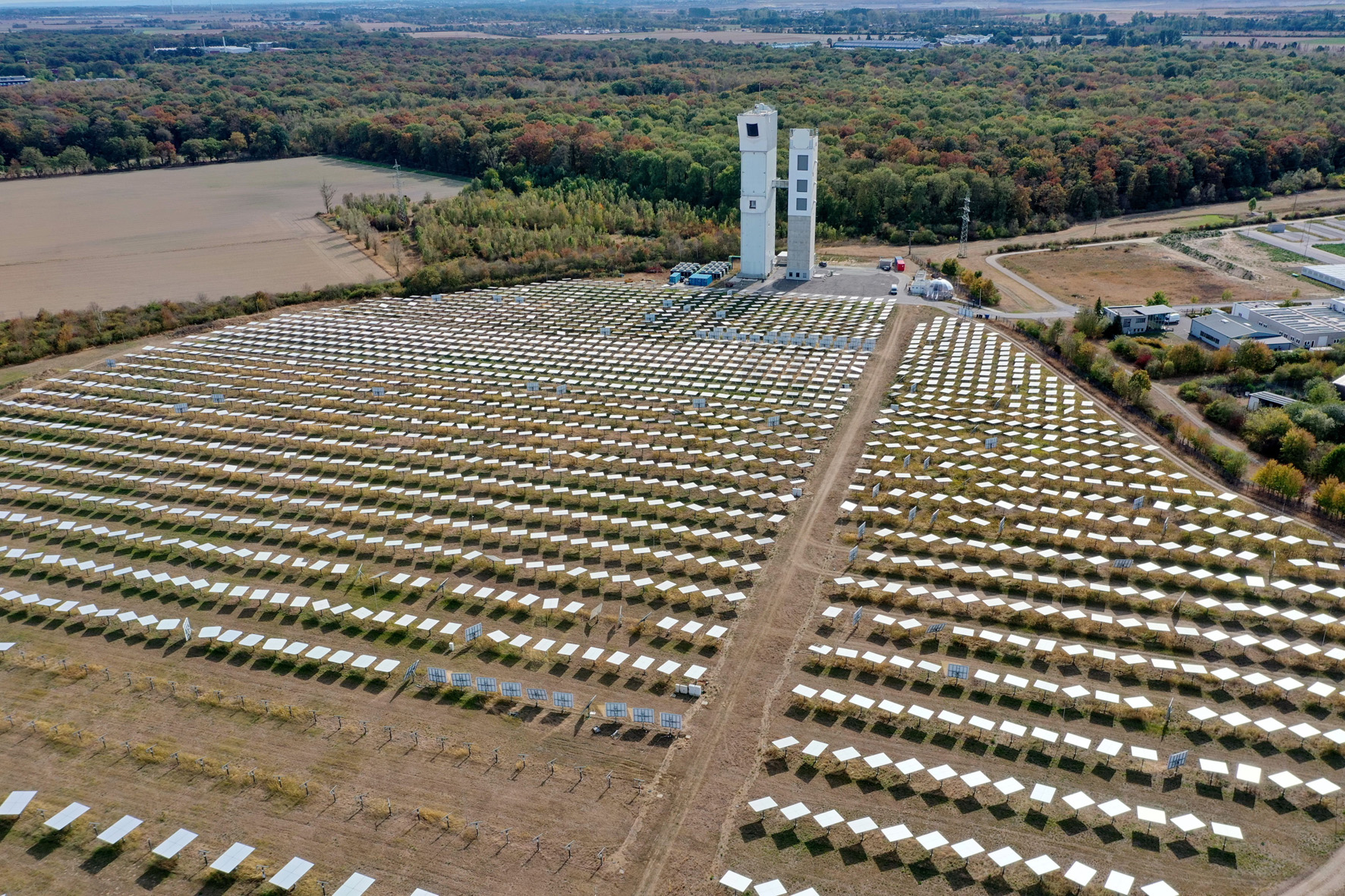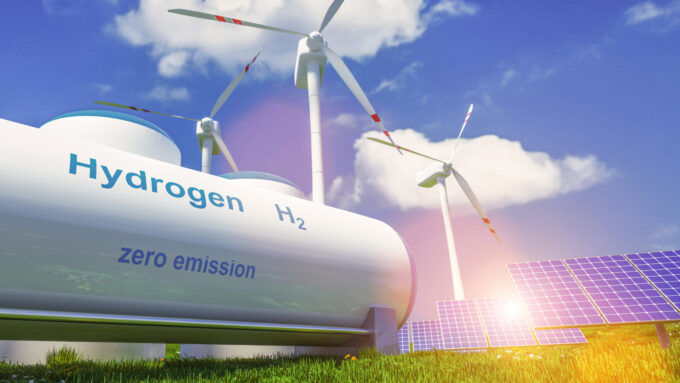Fuel: e-Fuels get their chance
AGREEMENT IN THE EU From 2035, only emission-free new vehicles may be sold. In addition to purely battery-electric models, however, internal combustion vehicles fueled with e-fuels are now to remain legal.

In order to achieve the ambitious climate targets for 2050, it is not enough to rely solely on electric propulsion. Scientists and specialized technicians have been pointing out the need for synthetic fuels for some time now.
The environment ministers of the 27 EU member states have now also recognized this. Although they have stipulated that only new cars with zero CO2 emissions will be registered in Europe from 2035, they have left open the possibility of registering new cars powered by e-fuels even after 2035.
That's a good thing, because the targets cannot be achieved with new electric vehicles and a general ban on combustion engines alone. Finally, the huge existing vehicle fleet must also be made low-carbon as quickly as possible.
Technology neutrality should remain
Although the EU Commission notes that a large majority of manufacturers are backing fully electric cars, technology neutrality should nevertheless be maintained. Following the agreement reached by the EU environment ministers, the EU Parliament and member states must now negotiate the details. As part of the "Fit-for-55" climate protection package, the EU wants to reduce its CO2 emissions by 55 percent by 2030.
Synhelion expects to produce 875 million liters
Synthetic fuels or e-fuels, produced from hydrogen and CO2, enable CO2-neutral operation of internal combustion engines. In various processes, e-gasoline, e-diesel or e-kerosene can also be produced from the base fuel e-methanol. Porsche already uses a synthetic fuel it produces itself in racing cars, and from 2026 Formula 1 will also run on e-fuel.
In addition, many other companies are now working on experimental plants. The Swiss company Synhelion, for example, expects to have an annual production capacity of 875 million liters of e-fuels by 2030. Presentations at the Synfuel Forum in Lucerne revealed that production plants capable of producing e-fuels in large quantities using renewable energy sources are being built in several locations in sunny areas of the world.
Cooperation between Amag and Dübendorf
A new collaboration between Amag and Empa Dübendorf will now also clarify whether synfuels can be used in conventional combustion engines without any problems. The Swiss classic car scene is eagerly awaiting the results of this series of tests.












